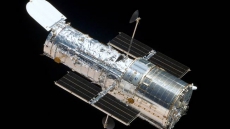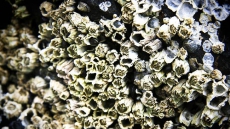Magnets may soon act as wireless cooling agents for your refrigerators, laptops and other devices if a theory propounded by researchers at Massachusetts Institute of Technology in the US finds application.
The theory describes the motion of magnons - quasi-particles in magnets that are collective rotations of magnetic moments, or "spins".
When exposed to a magnetic field gradient, magnons may be driven to move from one end of a magnet to another, carrying heat with them and producing a cooling effect, the study said.
"You can pump heat from one side to the other, so you can essentially use a magnet as a refrigerator," said Bolin Liao from MIT.
"You can envision wireless cooling where you apply a magnetic field to a magnet one or two metres away to, say, cool your laptop," Liao added.
In theory, such a magnetically driven refrigerator would require no moving parts, unlike conventional iceboxes that pump fluid through a set of pipes to keep things cool.
The theoretical results suggest that a first application for magnon cooling may be for scientists working on projects that require wireless cooling at extremely low temperatures.
The magnetic cooling effect identified by the group is "a highly useful theoretical framework for studying the coupling between spin and heat, and can potentially stimulate ideas of utilising magnons as a working 'fluid' in a solid-state refrigeration system", said Li Shi, a professor of mechanical engineering at the University of Texas at Austin who was not involved in the research.
The study detailing the magnon cooling theory appeared in the journal Physical Review Letters.






